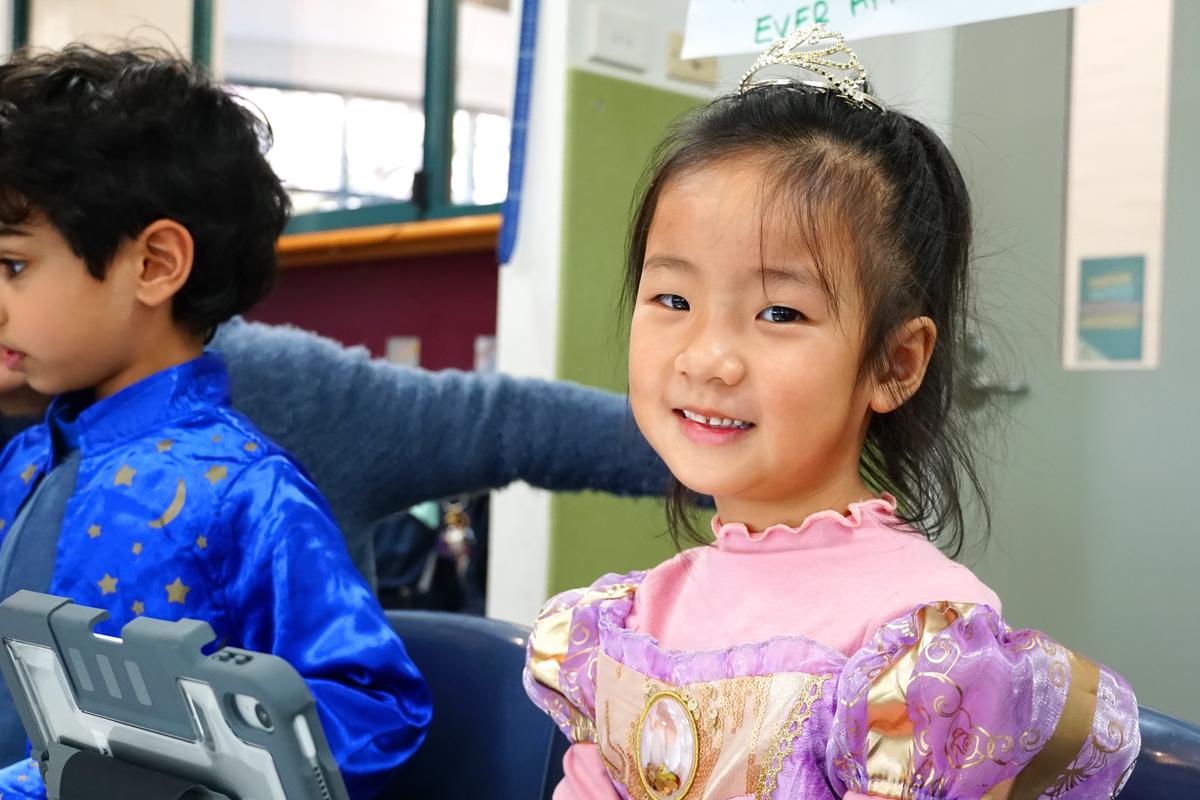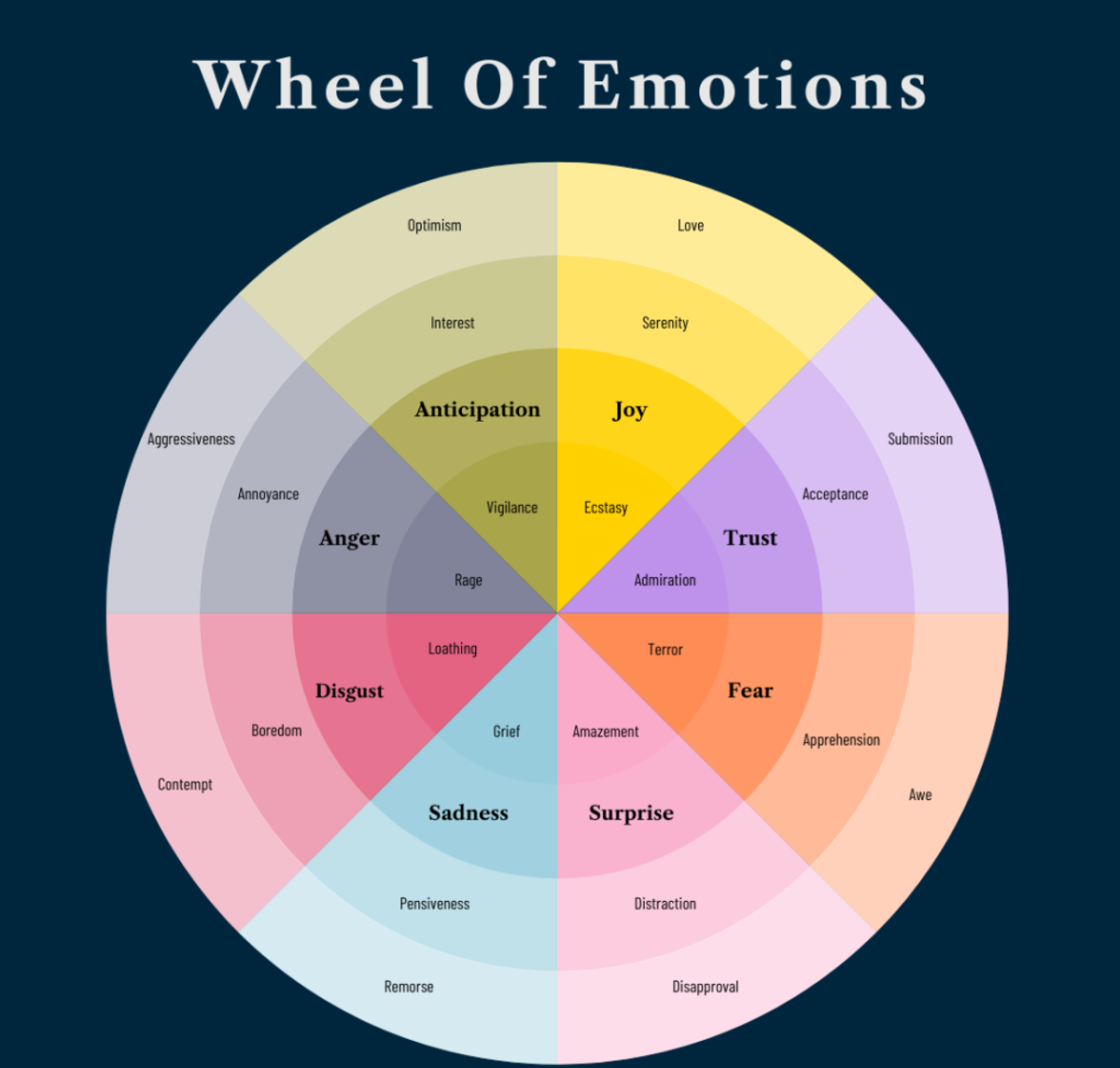From the Leadership Team

Lucas Collins, Head of Junior School
Modelling emotional regulation for our children
In our journey as parents and educators, one of the most valuable skills we can support our young people to develop throughout their formative years is the ability to regulate their emotions.
Emotional regulation is the skill of acknowledging, managing and responding to our feelings in a healthy and constructive manner. By modelling how we, as adults, are able to acknowledge and then regulate our own emotions, we can help our young people to develop patience, acceptance, resilience and empathy — all of which assist to enhance their interpersonal skills.
WHY EMOTIONAL REGULATION MATTERS
Our children and young adults are constantly learning by observing the adults around them. When they see us handling our emotions effectively, they become more likely to adopt similar strategies.
Emotional regulation helps young people to:
- Build stronger relationships - Understanding and managing emotions can improve communication and reduce conflict and misunderstandings.
- Enhance academic performance - Educational case-studies have shown that children who can recognise and then regulate their emotions effectively tend to have better focus levels and problem-solving skills.
- Improve mental wellbeing - Effective emotional awareness and regulation can be a positive contributor to stronger mental wellbeing — especially in terms of building positive self-concept and lowering levels of anxiety or stress.
TIPS FOR MODELLING EMOTIONAL REGULATION
- As an adult, acknowledge your emotions - It’s important to recognise and name your emotions. For example, saying 'I feel sad/frustrated/excited because …' helps children to understand that it’s normal to have a range of emotions, and a range of appropriate responses to match.
- Express emotions appropriately - Use 'I' statements to express how you feel without blaming others. For example, 'I feel upset when … ', instead of, 'You make me upset.'
- Problem-solve together - When unexpected situations arise, involve your children in finding solutions. This teaches them that problems can be resolved through consideration, communication and cooperation.
- Apologise and forgive - If you lose your temper, first of all, forgive yourself – it happens to us all! It’s important to then acknowledge this to your children. This demonstrates accountability and the importance of reconciliation. Similarly, teach them the value of forgiving and moving forward, rather than dwelling on perceived ‘wrongs’.
- Encourage open communication - Create an environment where your children feel safe to express their feelings. Listen actively and validate their emotions, even if you don’t always agree.
ACTIVITIES TO FOSTER EMOTIONAL REGULATION
- Mindfulness exercises - Practice mindfulness or meditation together. Even the simplest breathing exercises can help children to learn how to calm themselves.
- Emotion charts - Use charts or journals to help children identify and track their emotions. This simple ‘mood meter’ chart is a great starting point.
- Role-Playing - Act out different scenarios to practise responding to various emotions in a healthy way.
By modelling and supporting our children to build their emotional regulation skills, we are equipping them with the tools they need to navigate life’s challenges. We are also giving them the best chance of responding appropriately when they encounter those inevitable situations that are undesired or unexpected.



